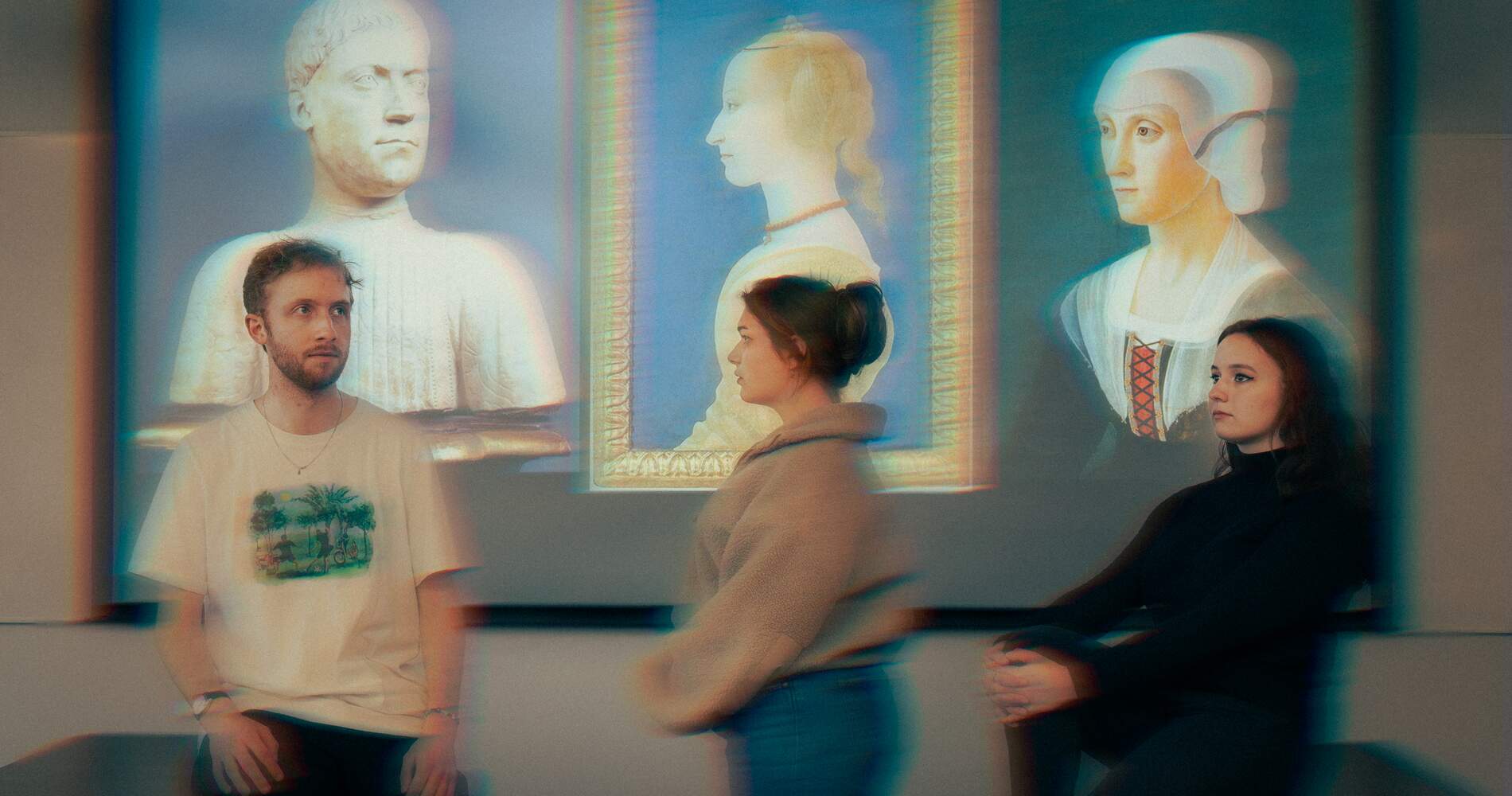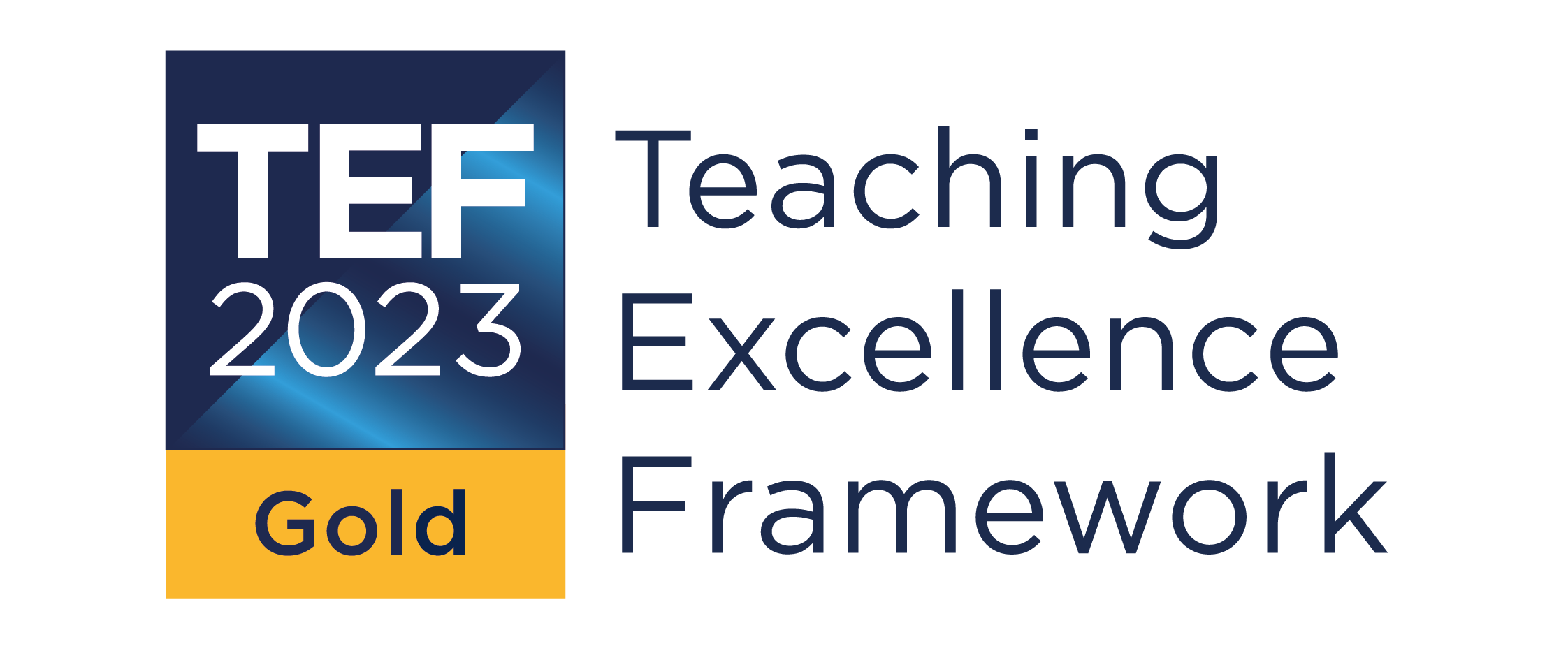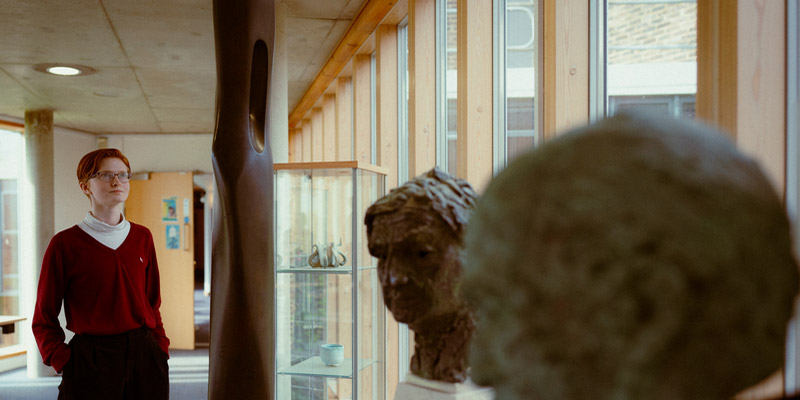Choose from an exciting range of modules. Experience our expert teaching from staff at the forefront of art history research.
Why study history of art at York?
As an undergraduate history of art student, you'll enjoy a rich selection of module choices ranging across times, places, media and approaches. You'll study in small-group classes in a friendly atmosphere that encourages active discussion among your classmates and tutors.
We also offer you opportunities to work with external organisations and attend exciting field trips throughout your degree. Discover spectacular art collections and historic locations in Yorkshire and beyond.





